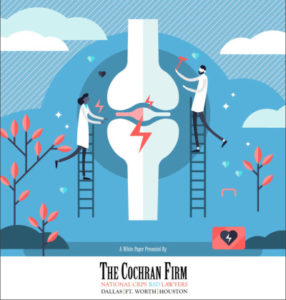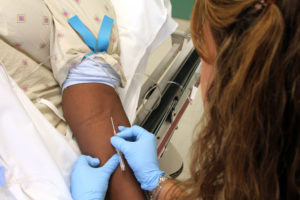Study Says CRPS/RSD Patients More Likely to Develop Condition in Other Places

A study published in the Scandinavian Journal of Pain found that participants with a history of complex regional pain syndrome/reflex sympathetic dystrophy (CRPS/RSD) and a documented “inciting event”—broken bones, injuries, and surgical procedures—were 75 percent more likely to develop secondary CRPS/RSD after injury or surgery in a previously pain-free area.
The study, entitled “The risk of pain syndrome affecting a previously non-painful limb following trauma or surgery in patients with a history of CRPS,” concluded that the results strongly suggest that patients with a history of CRPS/RSD may be at an increased risk of developing secondary CRPS.
CRPS/RSD is a disease of the autonomic nervous system, specifically the sympathetic nervous system. According to the McGill Pain Index, CRPS is the most painful form of chronic pain that currently exists. The condition often follows some sort of trauma that causes damage to the peripheral nervous system.
What Are the Symptoms of CRPS/RSD?
The symptoms of CRPS/RSD include prolonged or excessive pain in the affected area and changes in skin color, temperature, and swelling of the extremities, including the arms, legs, hands, and feet. Although CRPS/RSD usually remains restricted to one limb, it can spread to other body parts as a result of a new trauma to a formerly unaffected limb, or due to spontaneous spreading of the condition, possibly due to genetic predisposition or neurogenic inflammation.
There is much misunderstanding among the medical community regarding CRPS/RSD. Diagnostic tests leading to a positive CRPS/RSD diagnosis are atypical, and many would say they do not exist. Only 3-phase bone scintigraphy has been shown with modest accuracy to demonstrate an increased bone metabolism in the mineralization phase, but it’s not a definitive diagnostic tool as CRPS/RSD is a diagnosis of exclusion. Only after other possible causes of symptoms have been ruled out can a pain management doctor use the Budapest Criteria in a clinical examination to objectively diagnose CRPS/RSD.



